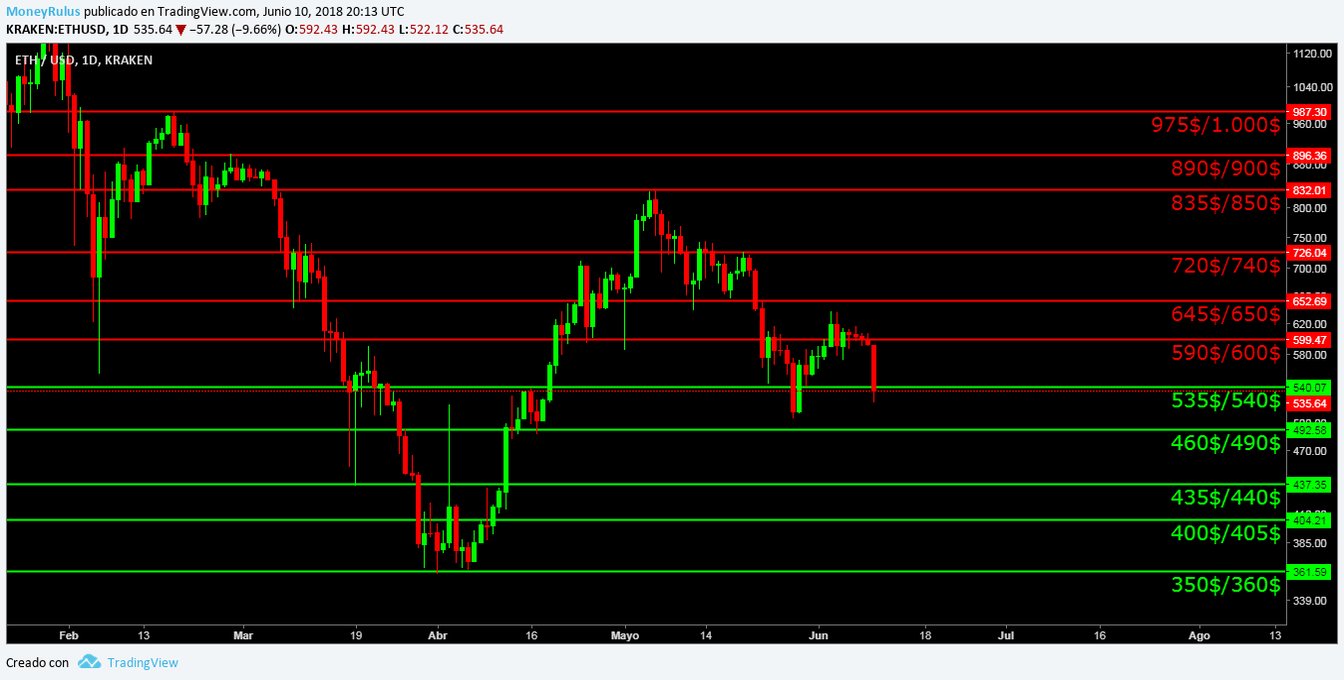The United States Commodity Futures Trading Commission (CFTC), following its Request for Input (RFI) on the Ethereum network and its native cryptocurrency Ether (ETH), has been receiving feedback and comments even beyond the stipulated deadline. The latest submission from ISDA is dated February 25th, 2019. The deadline was set on February 15th, 2019.
There are four submissions made after the deadline including one from independent cryptocurrency rating agency Weiss Ratings.
Several other notable and influential blockchain and traditional finance companies, as well as individuals, have responded to the RFI several expressing positive comments while others have included extremely vile comments on the second most valuable network and cryptocurrency.

The RFI further reads that:
“The Commission is seeking public feedback in furtherance of oversight of these markets and regulatory policy development. The input from this request will advance the CFTC’s mission of ensuring the integrity of the derivatives markets as well as monitoring and reducing systemic risk by enhancing legal certainty in the markets. The RFI seeks to understand similarities and distinctions between certain virtual currencies, including here Ether and Bitcoin, as well as Ether-specific opportunities, challenges, and risks.”
As of press time, the CFTC has received 35 responses including some from blockchain consortium R3, Ethereum’s very own Foundation, Ethereum-focused development studio Consensys, cryptocurrency exchanges Coinbase and ErisX, Fintech Company Circle and Weiss Ratings.
Notable comments from individuals were those from nChain chief scientist Craig Wright who took the opportunity to bash Ethereum claiming that:
“Ethereum is a poorly designed copy of bitcoin designed with the purpose of completing the promise of smart contracts and scripting that were delivered within bitcoin but which were hobbled by the core developers of bitcoin who sought to enable anonymous transactions to exist within the system.”
The rest of the comments are largely propositions to the commission speaking highly of the cryptocurrency as well as the nascent digital asset class and its potential to disrupt the global economy in the future.
Topics ranging from regulations, through the cryptocurrency derivatives to the history of Ethereum and Bitcoin were submitted. The information should be used by CFTC’s advisory arm LabCFTC to better advice the Commission on appropriate regulatory measures regarding digital assets and their derivatives.










